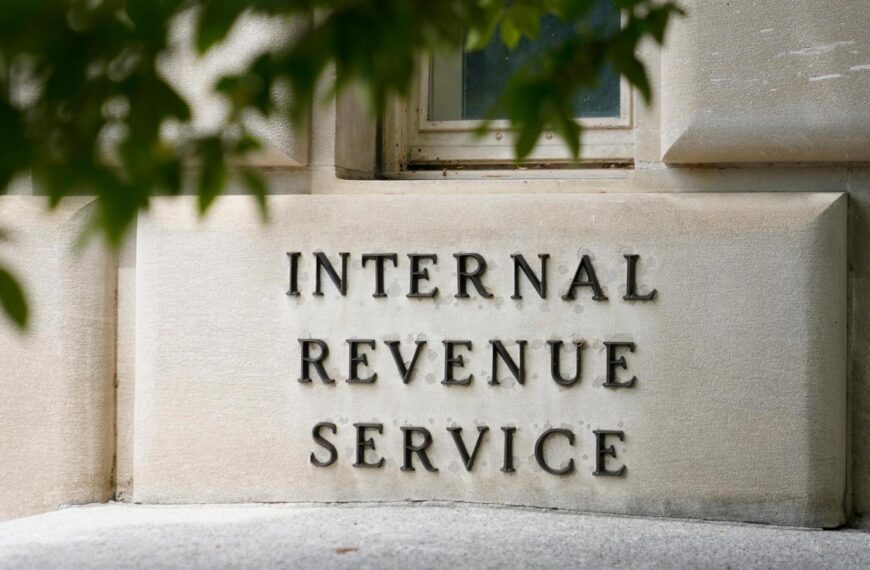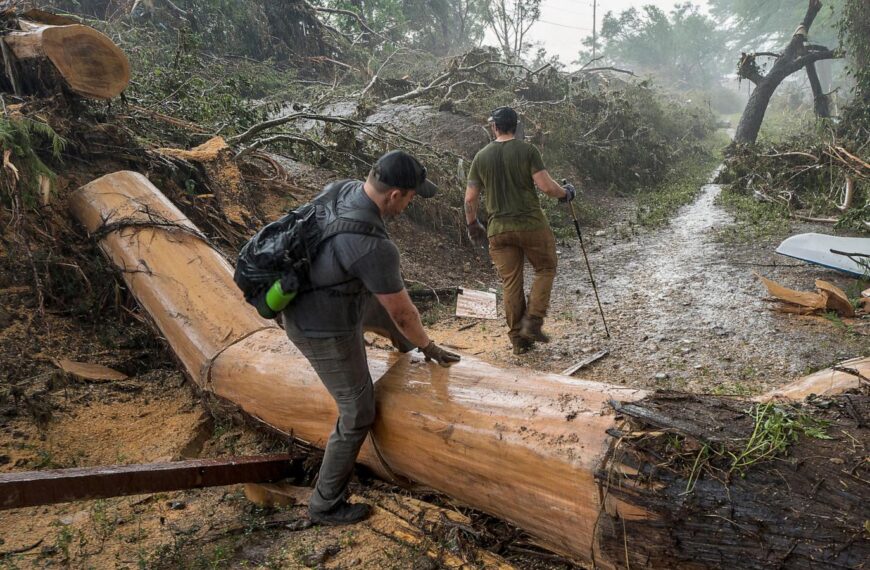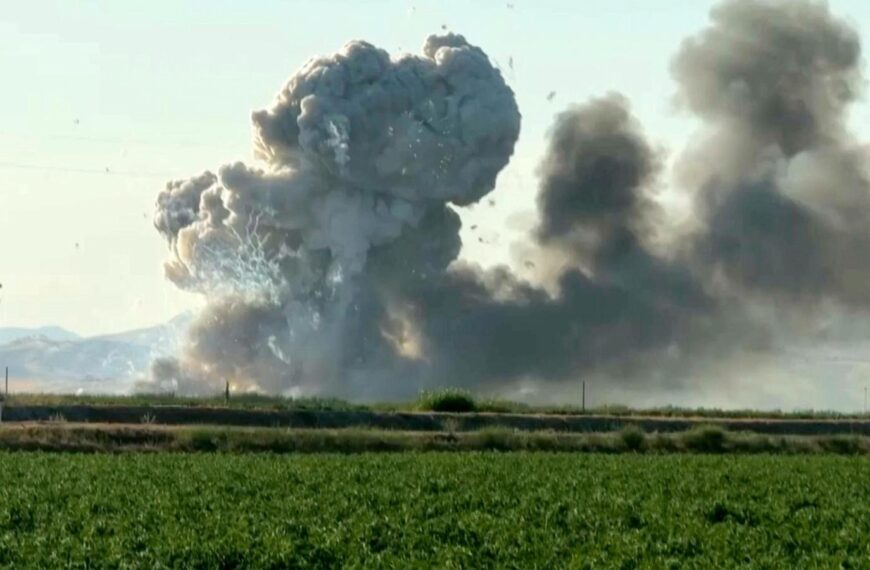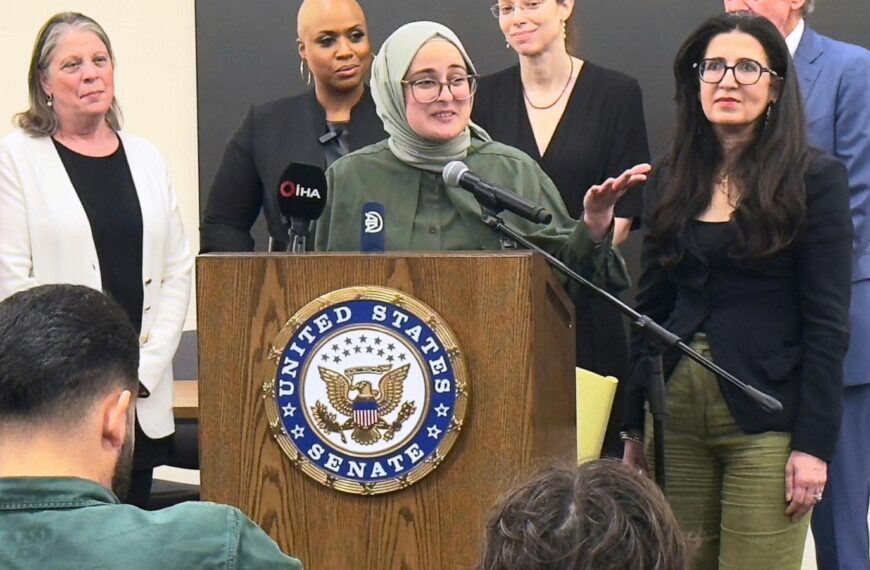
India on High Alert: Nationwide Mock Drills Ordered Amid Rising Tensions with Pakistan
New Delhi, May 6, 2025 – The Union Home Ministry has directed all states to conduct nationwide mock drills on May 7 in response to escalating tensions with Pakistan following the April 22 Pahalgam terror attack, which killed 26 civilians in Jammu and Kashmir. The move comes as Pakistan conducts missile tests and India tightens economic and water restrictions on its neighbor.
Why Mock Drills? Assessing India’s Preparedness

The Ministry of Home Affairs (MHA) has ordered large-scale civil defense exercises across 244 districts to test emergency response systems amid what it calls “new and complex threats” in the current geopolitical climate.
Key Objectives of the Mock Drill:
✔ Air raid warning systems – Testing early alert mechanisms.
✔ Hotline coordination with Indian Air Force – Ensuring seamless communication.
✔ Civil defense training – Preparing civilians, students, and volunteers for emergencies.
✔ Crash blackout drills – Simulating power shutdowns to avoid detection.
✔ Evacuation plans – Assessing readiness for mass relocation if needed.
Who’s Involved?
- Security forces (CRPF, Home Guards)
- Civil defense volunteers
- NCC, NSS, and school/college students
📌 Source: MHA Official Order
Pakistan’s Provocations: Missile Tests & Economic Warfare

The mock drills follow a series of aggressive moves by Pakistan:
1. “Exercise INDUS” Missile Tests
- Pakistan conducted two missile tests in two days, including a surface-to-surface ballistic missile.
- PM Shehbaz Sharif boasted: “Pakistan’s defense is in strong hands.”
2. India’s Retaliatory Measures
✔ Water Blockade:
- India cut off 90% of water flow to Pakistan from the Chenab River (Baglihar Dam).
- Similar restrictions planned for Kishanganga Dam (Jhelum River).
✔ Trade Ban:
- Complete ban on Pakistani imports, including repackaged goods via UAE/Sri Lanka.
- $500 million worth of Pakistani goods (textiles, fruits, leather) blocked.
📌 Source: Ministry of External Affairs | Commerce Ministry
What Triggered the Crisis?

The Pahalgam terror attack (April 22) marked a turning point, with India suspending the Indus Waters Treaty and closing the Attari border. Pakistan’s continued military posturing has kept tensions high.
India’s Security Strategy:
- Enhanced surveillance at borders.
- Cyber warfare readiness to counter misinformation.
- Economic pressure to weaken Pakistan’s already struggling economy.
📌 Source: Defense Ministry Briefing
What’s Next?
- Diplomatic channels remain open, but no high-level talks scheduled.
- Global reactions: US, Russia, and China monitoring closely.
- Public advisory: Stay alert but avoid panic.
📌 Live Updates: HT Pahalgam Attack Coverage
Key Takeaways
🔹 India is preparing for potential escalation with nationwide defense drills.
🔹 Pakistan’s missile tests and India’s water/trade restrictions signal worsening relations.
🔹 Civilian safety remains a priority, with mock drills testing emergency protocols.















